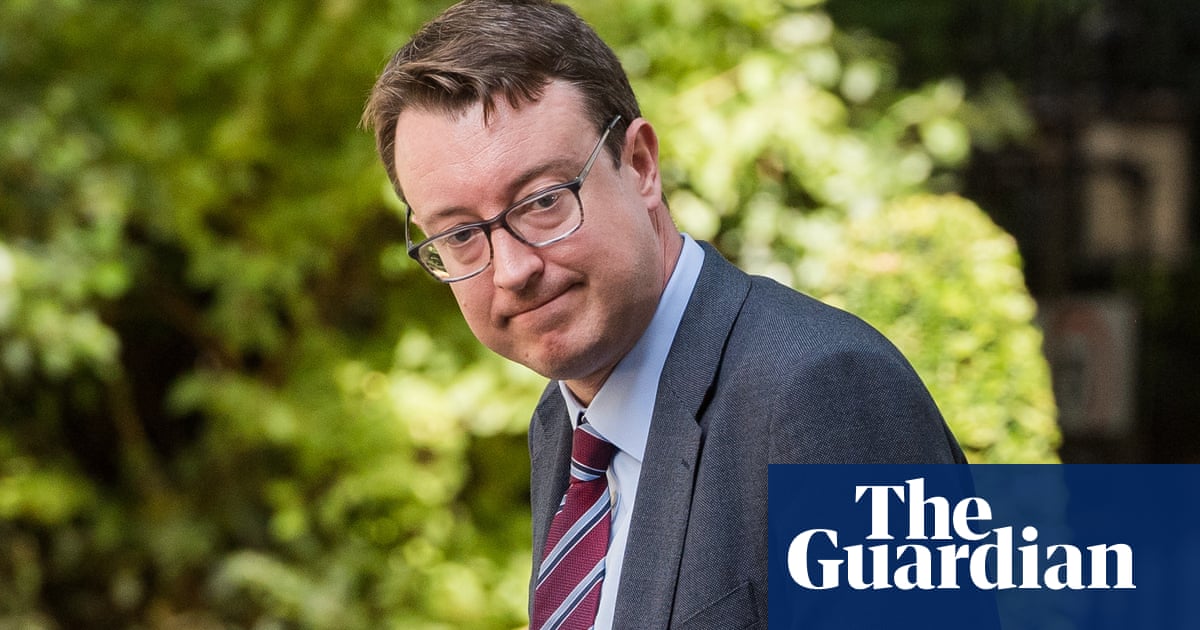
Too much of a good thing can make anyone queasy – as many will be aware after a week of turkey leftovers. The same applies to the economy and markets, if analysts’ predictions for the year ahead are anything to go by.
Sitting around doing nothing (or passive investment) is an admirable strategy in most years. In 2021 it was masterly. London’s stock benchmark, the FTSE 100, ended December 14.3% higher than last January, and in the US buying shares has been even more rewarding: the S&P 500 went up more than a quarter in value.
But even though money was apparently so easy to make last year, investors and economists are putting on a show of wariness for 2022.
“Investors have enjoyed bumper returns over the past 18 months, but these returns are, in large part, borrowed from the future,” says Joseph Little, chief global strategist at HSBC Asset Management. He thinks a “pay-back period” is in order.
Guy Foster, his counterpart at wealth management firm Brewin Dolphin, says 2021’s gains increased at “breakneck pace”, and the best we can hope for is a gentle deceleration rather than a painful crunch.
And Emiel van den Heiligenberg at Legal & General Investment Management even mentions the dreaded b-word – “bubble” – even if only to point out that we’re not quite there yet, despite some of the market madness of 2021.
Forecasting stock index movements is always a bit of a mug’s game – as the pandemic has underlined – so some limited kudos must go to those who still place their bets publicly. The brave souls who have put their reputations on the line to make forecasts for the year ahead range from Morgan Stanley (S&P 500 down 9%) to Wells Fargo (S&P 500 up 11%) – a sign of the uncertainty among investors.
Credit Suisse is one of the few banks to have nailed its colours to the FTSE 100 mast, predicting London blue chips will gain a fairly measly 7%. Stockbroker A J Bell is even more pessimistic, going for only 4%.
Analysts at HSBC and Deutsche Bank predict that economies in the US and Europe will grow at between 3.75% and 5% during 2022. Yet Japan’s Nomura cautions that US growth could slow considerably in the second half of the year.
Among those lining up to spoil the party are China’s president, Xi Jinping, who has already turned down the music on his country’s tech tycoons. Sino-experts suggest Beijing is taking away the punch bowl with tighter credit and regulations.
Then there is inflation, the dog that may finally be barking after 12 years of conspicuous silence. This time things really could be different: UK consumer prices have risen by 5.1% in the past year and US prices by a scorching 6.8%.
Andrew Bailey at the Bank of England has already done his best Mervyn King impression, raising interest rates just as a slowdown looked imminent (though it may be only a slight, Omicron-related one). Nevertheless, the rate rise is a signal that central banks are really feeling the constant digs about inflation – even if some of the price increases are caused by pandemic disruption rather than widespread wage increases. Stopping the flow of money to the economy while not damaging the recovery could turn into a nail-biting balancing act.
“It is devilishly difficult to achieve a soft landing,” says Deutsche’s David Folkerts-Landau. “But it can be and has been done.” Buckle up.












